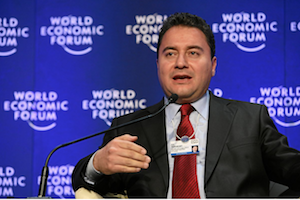The New Cypriot Equation Presses Turkey Towards Dual Action
By Ozan Serdaroğlu
November 2, 2018
The rearrangement of relations and the prospect of economic rewards in the Eastern Mediterranean create a new geopolitical context where Turkey faces increasing pressures that call for innovative policies. Ankara can be compelled to new diplomatic engagements amid a reset of the Cypriot equation.
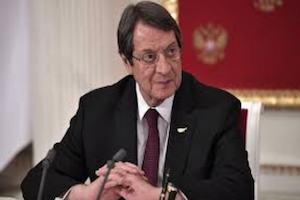
The Working Class and Erdogan: The End of the Love Affair?
By Barış Soydan
October 10, 2018
Since 1950, Turkey’s conservative parties have carried every election except those in 1973 and 1977, which were carried by the social democrats. The key to the right wing parties’ electoral success has been their ability to retain the support of the working class. That is also what largely accounts for the conservative Justice and Development Party’s (AKP) sixteen year long hold on power. But with the economy in crisis, the AKP’s grip on the working class is bound to become more tenuous. The protests among the workers at Istanbul’s new airport herald the end of the love affair between the working class and the ruling conservatives, but the lack of a social democratic political alternative may offer the AKP another lease on life.
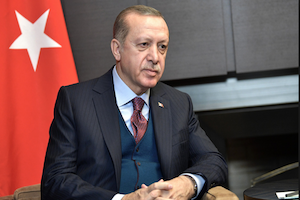
New Tone, Old Substance: Erdoğans European Gambit
By Gareth H. Jenkins
September 10, 2018
The attempt by President Recep Tayyip Erdoğan to offset the fallout from the crisis in Turkey’s relations with the US by re-engaging with the EU is unlikely to persuade Brussels either to revitalize Turkey’s stalled accession process or to provide sufficient financial aid to prevent the country’s economy from sliding into recession. Although a softening in tone and an increase in dialogue raises the possibility of cooperation in areas of mutual interest, nor is there much prospect of the re-engagement leading to a significant easing in Erdoğan’s repressive rule.
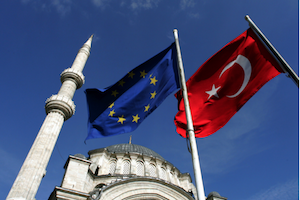
Can Turkey Change?
By Halil Karaveli
July 16, 2018
Though not impossible, change remains an unlikely prospect in Turkey. Seen in a larger historical perspective, the switch from parliamentarianism to presidential rule represents less of a break with continuity than one would imagine. Similarly, the June 24 elections showed that Turkish electoral dynamics remain largely unchanged, even though the social democrat candidate Muharrem İnce’s campaign as well as his result did go some way in illustrating how these dynamics may ultimately change.
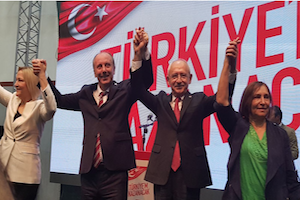
Illusion's End: Erdoğan and Turkey's Coming Economic Chill
By Gareth H. Jenkins
June 20, 2018
The rapid depreciation in the value of the Turkish Lira since the beginning of 2018 is the product not only of the collapse of any remaining vestiges of investor confidence in the regime of President Recep Tayyip Erdoğan but a symptom of the failure of the ruling Justice and Development Party (AKP) to address the long-standing structural vulnerabilities of the Turkish economy.
